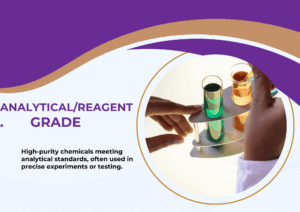KSh4,900.00 Original price was: KSh4,900.00.KSh4,500.00Current price is: KSh4,500.00.


KSh500.00 Original price was: KSh500.00.KSh450.00Current price is: KSh450.00.
Single Gas Mask
Uses of Single gas mask
Chemical Protection:
Laboratories often handle a wide range of chemicals, some of which can be toxic, corrosive, or irritating to the respiratory system. Gas masks with appropriate filter cartridges can safeguard against inhaling these chemicals.
Biological Protection:
In laboratories working with biological agents such as bacteria, viruses, or fungi, there’s a risk of exposure to airborne pathogens. Gas masks with suitable filters can help prevent inhalation of biological contaminants.
Radiological Protection:
Laboratories dealing with radioactive materials or isotopes need protection from inhaling radioactive particles. Gas masks with specialized filters designed to capture radioactive particles can mitigate this risk.
Emergency Situations:
In the event of a laboratory accident involving the release of hazardous gasses or vapors, a gas mask can provide immediate protection to laboratory personnel until the area is evacuated or the situation is controlled.
Personal Protection Equipment (PPE):
Gas masks are part of the personal protective equipment (PPE) ensemble used in laboratory settings where respiratory protection is necessary. They complement other PPE such as gloves, lab coats, and safety goggles to ensure overall safety.
Field Research or Sampling:
Scientists conducting fieldwork or sampling in environments with unknown or potentially hazardous airborne substances may use gas masks as a precautionary measure.
Training and Preparedness:
Gas masks are also used in laboratory safety training and emergency preparedness drills to familiarize personnel with their use and ensure they know how to don and doff them correctly in case of an emergency.
People also bought
Renolin B
Titan power 40 SAE
Master finish 202
Master Air
Our Services
Shipping
Worldwide Shipping
FORMULATIONS
Product Formulations
MANUFACTURING
Bulk Manufacturing
Support 24/7
Contact 24 Hours Day







